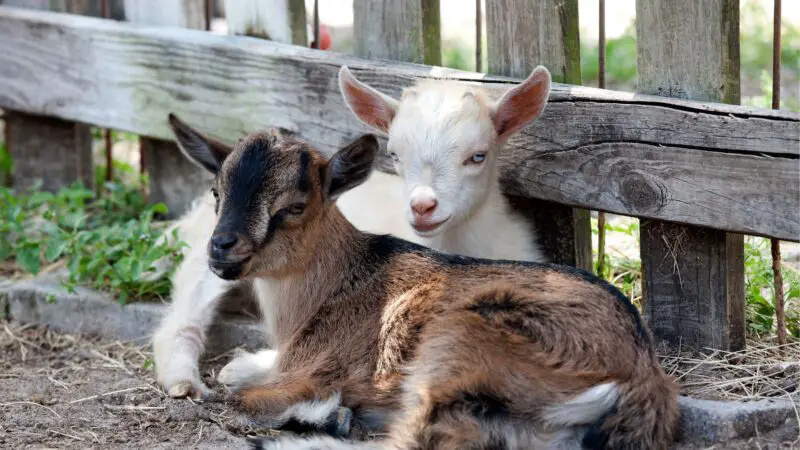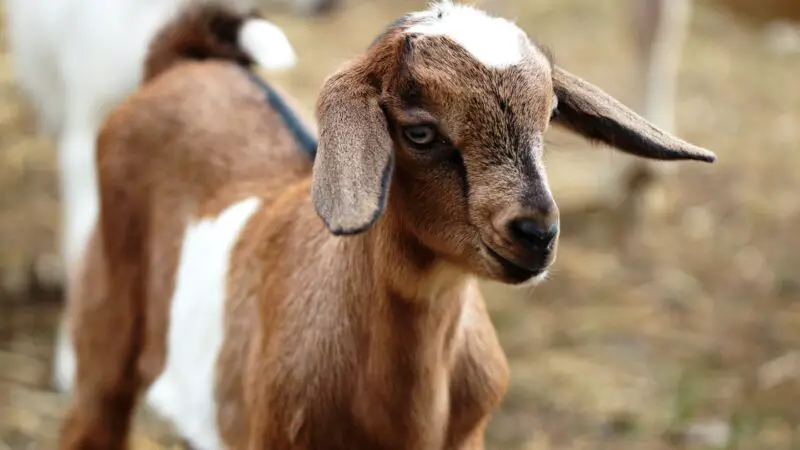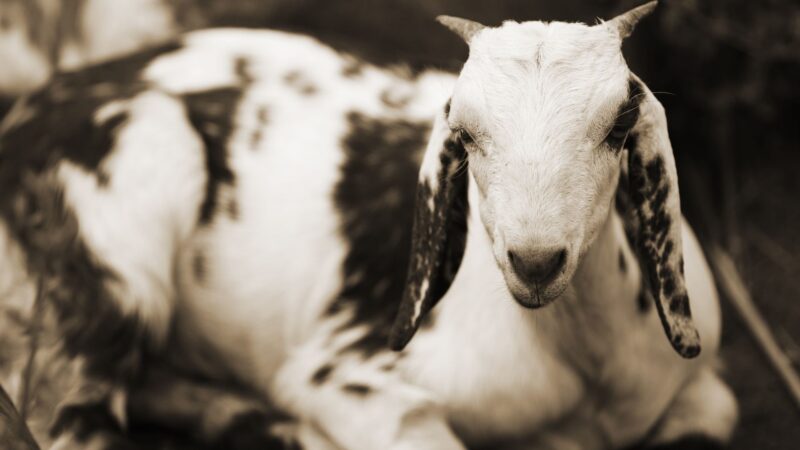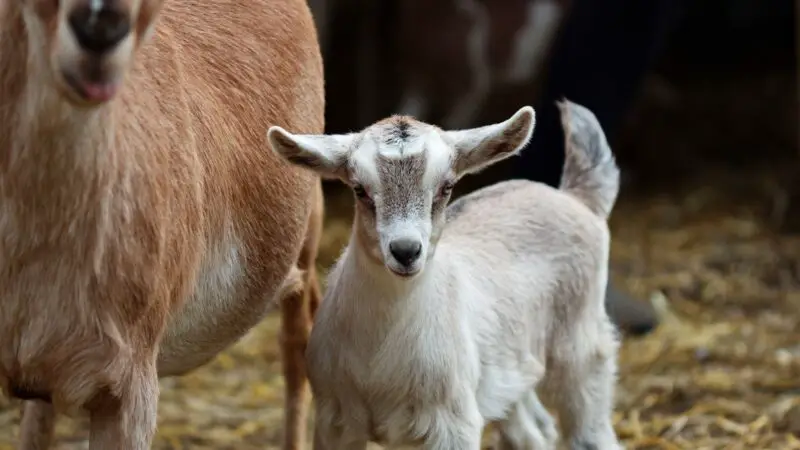Taking care of goat kids involves providing proper nutrition, daily health care, suitable living space, socialization, and addressing common health challenges. Following these recommendations will ensure a healthy and happy goat kid.
Reading further, you’ll gain insights on the specific needs of baby goats, their nutritional requirements, and how to create a nurturing environment for them. Get ready to dive into the wonderful world of goat kids’ care!

What Do Baby Goats Need?
Baby goats, also known as “kids,” need warmth, colostrum, and proper shelter to thrive. In the first few days of life, it’s crucial to ensure they receive colostrum from their mother. This nutrient-rich milk provides essential antibodies to support their immune system. Additionally, maintaining a clean, dry, and warm shelter helps protect them from the elements and potential health issues.
Daily Health Care for Goat Kids
A daily health care routine is essential for goat kids. Regularly observe them for any signs of illness or discomfort, such as coughing, diarrhea, or lethargy. Keep their living area clean by removing soiled bedding and providing fresh water. Trim their hooves every 4-6 weeks to prevent overgrowth and associated health problems. Lastly, establish a vaccination and deworming schedule with the help of a veterinarian.
Food and Nutritional Recommendations for Goat Kids
Goat kids require a well-balanced diet to grow strong and healthy. In the initial weeks, they will rely on their mother’s milk or a suitable milk replacer. As they grow, gradually introduce high-quality hay, alfalfa, or a specially formulated goat feed. Ensure that they always have access to fresh water, and provide a free-choice mineral supplement to support their overall health.
Transitioning to Solid Foods
To transition goat kids to solid foods, start by offering a small amount of high-quality hay or alfalfa at around 2 weeks old. They will begin to nibble on it out of curiosity. Gradually increase the amount of solid food while decreasing the milk intake. By 8-12 weeks, they should be consuming a majority of their nutrition from solid foods.
What Fruits and Vegetables Can Goat Kids Eat?

Goat kids can enjoy a variety of fruits and vegetables in moderation, such as apples, pears, bananas, carrots, and leafy greens. Make sure to remove seeds and pits from fruits, and introduce these treats slowly to prevent digestive upset. Always provide fresh, pesticide-free produce, and avoid moldy or spoiled items.
What Human Food Can Goat Kids Eat?
Some human foods are safe for goat kids to consume in limited quantities. Safe options include plain, unsalted popcorn, whole grain bread, and pasta. However, it’s crucial to remember that these items should not replace their primary diet of hay, alfalfa, or goat feed.
Living Space Recommendations for Goat Kids
Create a secure and comfortable living space for goat kids by providing a clean, dry shelter with proper ventilation. Provide fresh bedding, such as straw or wood shavings, and ensure that they have access to outdoor areas for exercise and sunlight. Goat kids are known for their playful behavior, so include enrichment items like climbing structures or toys to keep them entertained.
Social Recommendations for Goat Kids
Goats are social animals that thrive when living with companions. Ideally, goat kids should be raised with other goats to establish natural social bonds. Provide ample space for them to interact, play, and establish a herd hierarchy. In addition, spend time with your goat kids regularly to develop a strong bond and facilitate their adjustment to human interaction.
Common Goat Kid Health Challenges

Goat kids may face health challenges such as diarrhea, respiratory issues, and parasites. Regularly monitor their health and consult a veterinarian if you notice any signs of illness. Establishing a preventive health care plan, including vaccinations and deworming, can significantly reduce the risk of these issues.
What Should You Not Feed Goat Kids?
There are certain foods that can be harmful or toxic to goat kids. Avoid feeding them chocolate, avocado, rhubarb, or plants from the nightshade family (e.g., potatoes, tomatoes, and eggplants). Additionally, refrain from giving them moldy or spoiled food, as this can lead to serious health problems.
How Do You Keep Goat Kids Healthy?
To keep goat kids healthy, provide proper nutrition, maintain a clean and safe living environment, and follow a regular health care routine. Monitor their growth and development closely, and address any health concerns promptly. Building a strong relationship with a veterinarian experienced in goat care is also essential for maintaining their well-being.
Related Questions
How Do I Protect My Goat Kids?
To protect goat kids, ensure they have a secure living space free from potential predators. Regularly inspect fencing and gates for any weaknesses, and consider adding a livestock guardian animal, such as a dog or a llama, for additional protection.
How Often Do You Feed Kid Goats?
In the first few weeks of life, feed goat kids milk or a milk replacer 3-4 times per day. As they transition to solid foods, their milk consumption will decrease, and they will eventually graze or eat hay and goat feed throughout the day.
Related: Bottle Feeding Baby Goats | Basics and Beyond!
Do Baby Goats Drink Water?
Yes, baby goats drink water. Although they primarily rely on milk for hydration in the first few weeks, providing access to fresh water is important as they begin consuming solid foods. Make sure they have clean water available at all times.

Final Thoughts
Caring for goat kids is a rewarding experience that requires dedication and attention to their specific needs. By following these care recommendations and establishing a strong bond with your goat kids, you’ll be well on your way to raising happy, healthy, and thriving goats.
